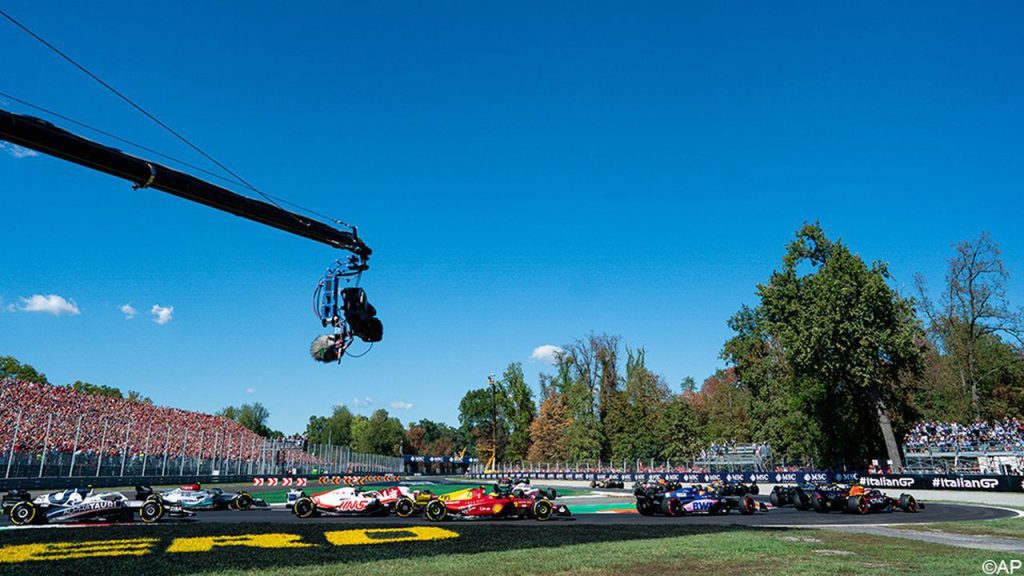Sunflower test. No race has been decided, yet there is a lot at stake in Formula 1. Normally, the FIA today announces which teams have and which have not committed to a budget cap in 2021.
In Singapore, there were rumors that two teams had exceeded the budget cap last year. Ferrari and Mercedes, among others, pointed the accusing finger at Red Bull, who vehemently denied and launched a counterattack.
As a reminder, last year was the first year of the budget cap. Under certain rules, teams were not allowed to spend more than $145 million. This year it is $5 million less and for 2023 the limit is $135 million.
The idea behind the budget cap is to reduce the performance gap between small teams and “big spenders” such as Red Bull, Mercedes and Ferrari.
The FIA has been scrutinizing the financial statements of all the teams in recent months and today it is usually announced if there have been any rowdy children in the F1 class. So it is crucial to know if the budget cap really works and is applied correctly.
‘Budget limit made F1 better’
Teams Ferrari and Mercedes, who beat Red Bull last year and this year, underline the importance of a budget cap. According to them, the future of the sport is at stake.
It is also important that the money for the development of the new car of the year in 2021 should also come from $145 million. Just let Red Bull be the team that did their homework best.
The FIA distinguishes between a minor violation of 5 percent and a larger budget overrun. “But that means you’ve been able to spend an additional $7 million,” said Mercedes boss Toto Wolff.
By comparison, the budget for a small team like Alfa Romeo to improve the car over the course of the year is around 2.5 million euros.
7 million dollars means about 70 engineers, they can make a profit of 1 second per roll.
Ferrari director Laurent Mekies says, “$7 million means about 70 engineers, they can make a second profit per lap. And that’s just one example.” “This shows the importance of the budget cap.”
“The budget cap is the most important rule of thumb as possible,” says Wolf. “It allows teams that are less financially strong to bridge the gap with other teams.”
Gunther Steiner of Haas agrees. “Formula 1 is what it is today thanks to those financial rules. So if we start messing with that, it’s not good for our sport. It’s in everyone’s best interest not to let that happen. The maximum budget is better for our sport created.”
Micks (Ferrari): “This is a crucial test of the rule. If we do not pass this test, the game may be over, because the consequences are dire. It is important that the FIA applies the rules correctly. We can deal with the penalties later.”
From points deduction to exclusion from the tournament
However, these sanctions are already ready for implementation. If the racing stable has spent less than 5 percent more than necessary, this corresponds to a “minor violation.” Anything above that is a “gross infringement”.
Penalties for minor infractions may include points deduction, exclusion from GPs, development restrictions, and additional restrictions on the offender’s budget.
For a serious violation, it would even involve excluding a driver or team from the entire World Cup. The fear among some teams is that the FIA will reduce any violations of the minor, or else the sport will suffer.
Toto Wolff fears something else. “If there is a petty penalty for a minor offense, we will all pursue it and take that penalty in our quest to move forward faster.”

“Subtly charming internet specialist. Avid writer. Friendly alcohol guru. Music ninja. Devoted social media fanatic.”







More Stories
Subscribe! Cristiano Ronaldo is now also breaking a world record with… a brand new YouTube channel
Even email or phone calls are banned, but how can Formula 1 check that teams are not working on cars during the summer break?
Robert Stannard explains for the first time about his long doping ban, just before his comeback